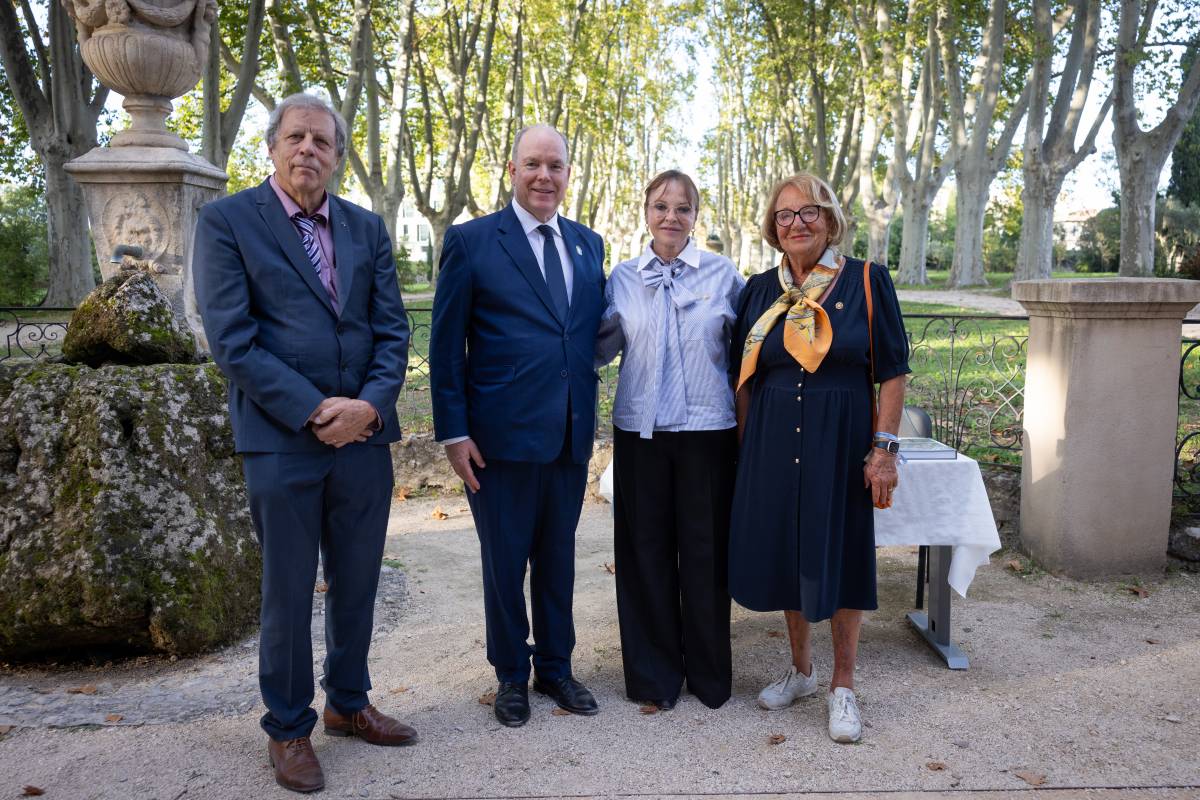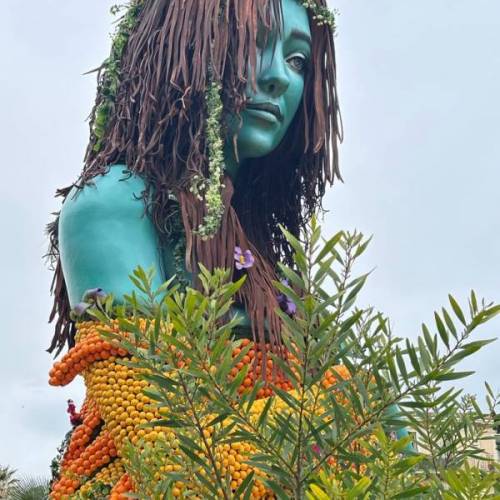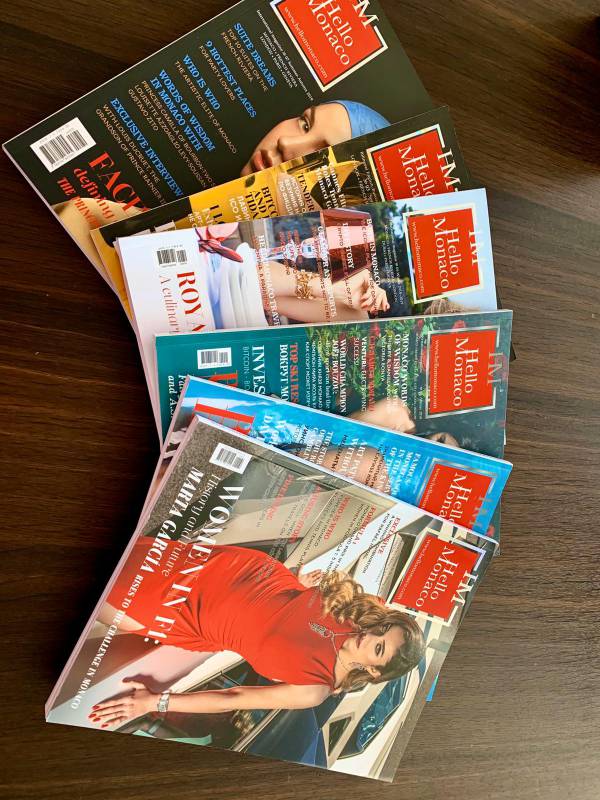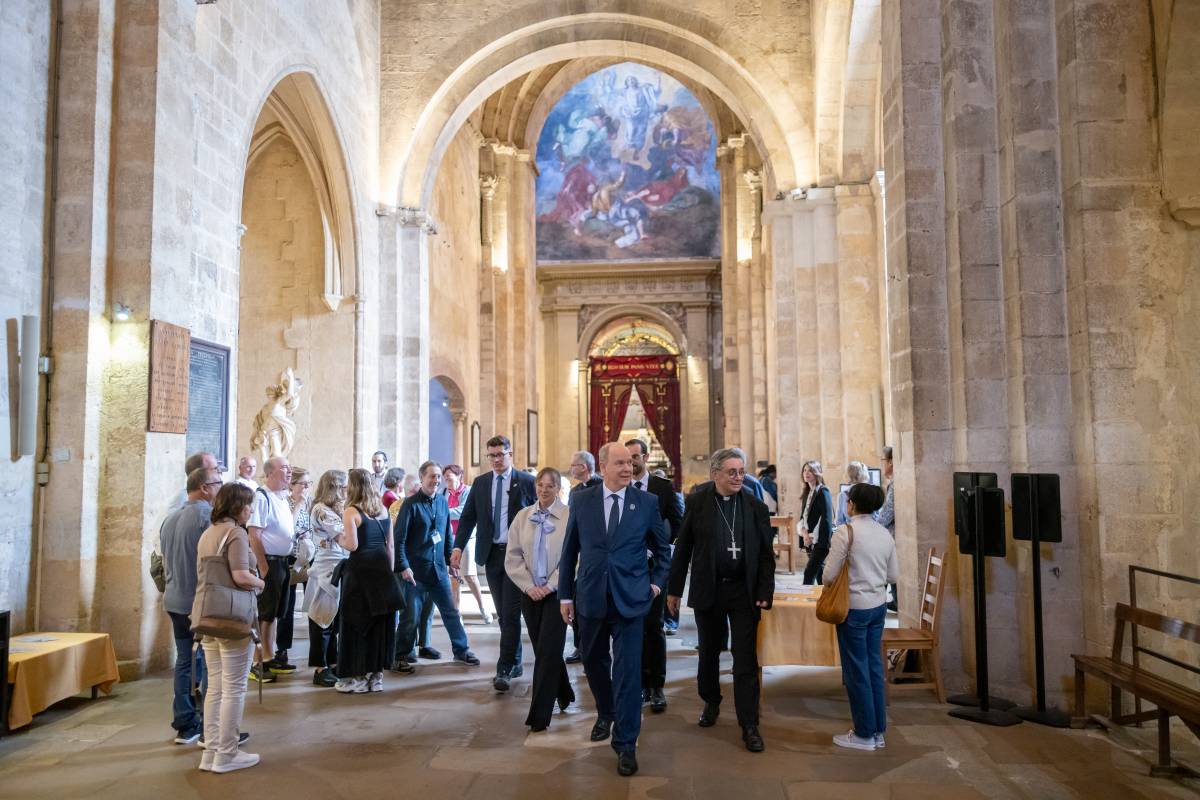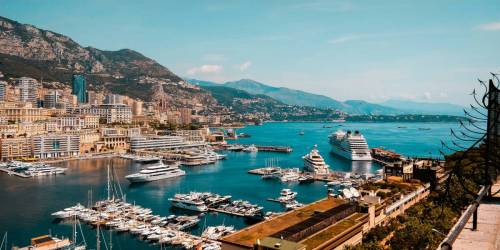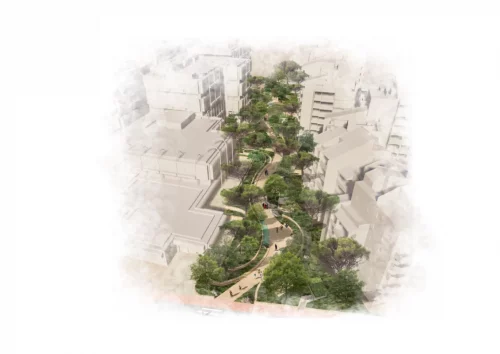On September 30th in Aix-en-Provence, a day marked by both solemn remembrance and cultural celebration, Prince Albert II of Monaco paid tribute to the enduring ties between his family and the city of Aix-en-Provence.
In the historic Hall of the Estates of Provence, the Prince revisited the centuries-old links forged between the Grimaldis and Aix. He recalled the 1646 visit of his ancestor Honoré II, who, newly allied with Louis XIII, pledged loyalty to Provence in stirring words:
“What I cannot express in words, I would willingly put into my arm, and I would gladly shed my blood if the good of the State and of this body in particular required it.”
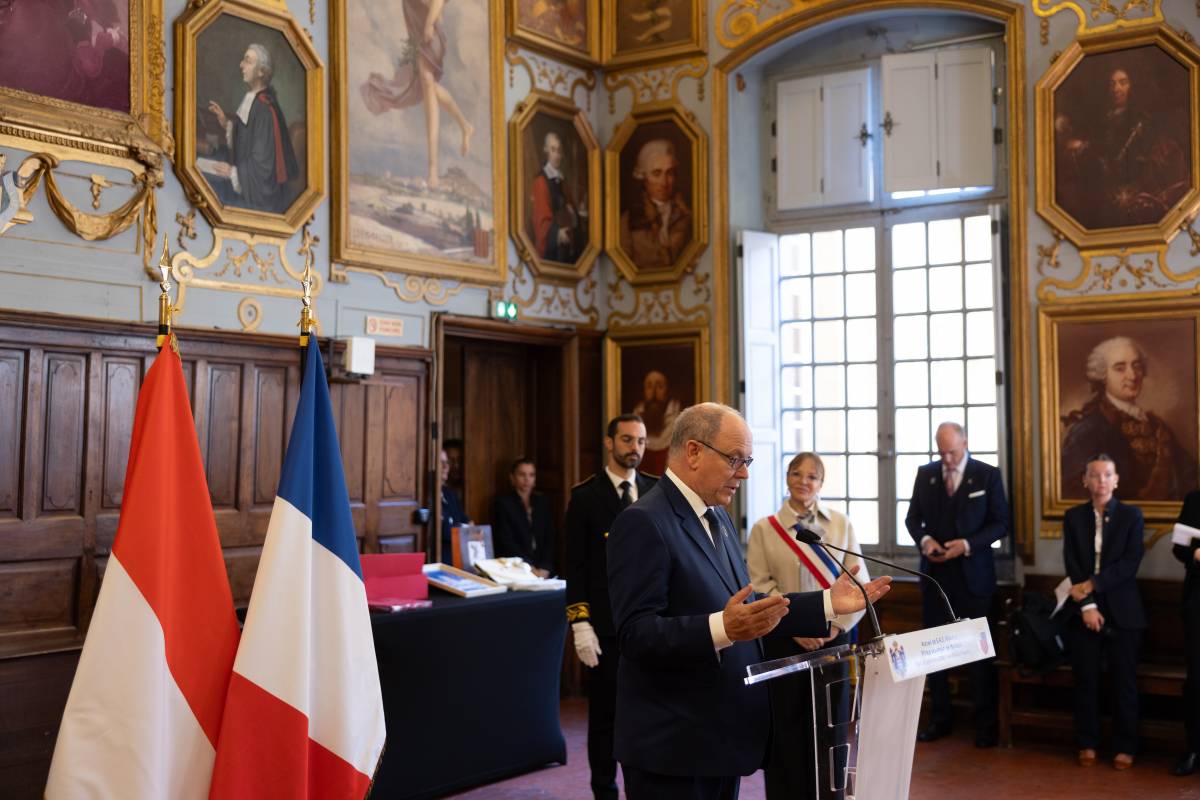
Now a faithful ally of France in its conflict with Spain, Honore II offered his support and loyalty not only to the central French power but also to Provence and its parliamentarians.
A distant cousin and member of the Parliament of Aix, Charles Grimaldi, then addressed Prince Honoré II for two hours, we are told.
From Jérôme Grimaldi’s tenure as Archbishop of Aix to Oscar Grimaldi’s service as Sub-Prefect in 1848, these connections, Prince Albert noted, have bound the Principality to Provence across generations.
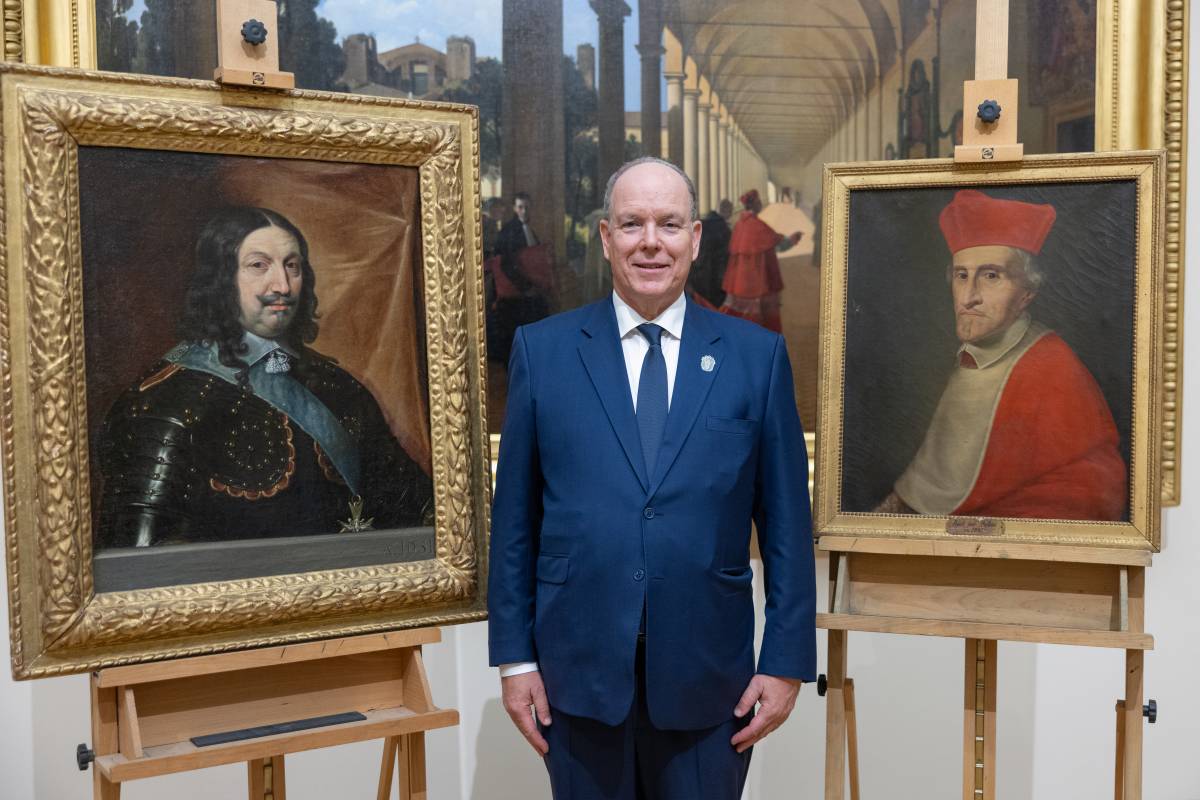
Later, at the Arbaud Museum, Prince Albert turned to intellectual and cultural heritage. Inducted as an honorary member of the Academy of Sciences, Agriculture, Arts and Fine Letters of Aix, he spoke of the mountain Sainte-Victoire, cherished by Jacqueline de Romilly and Cézanne alike, as a living symbol of the city’s spirit, just as the Rock is a living symbol of Monaco’s spirit.
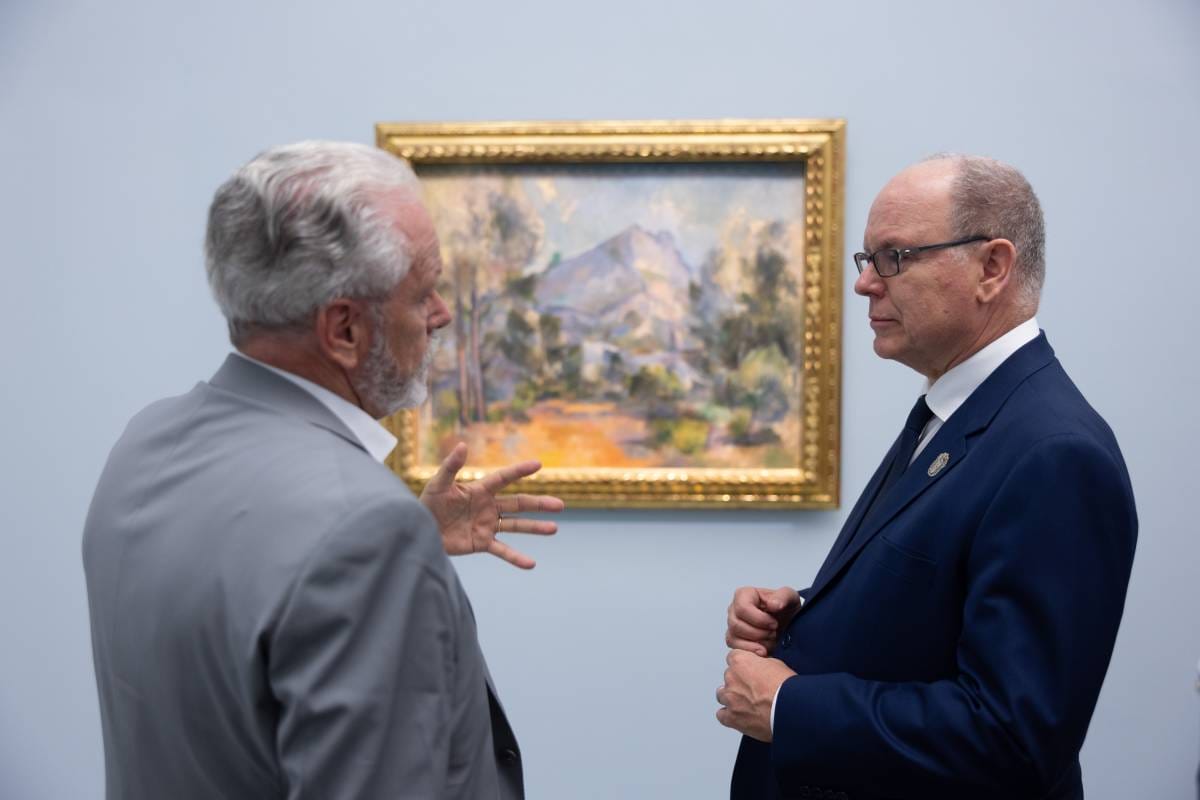
Prince Albert made many touching comments including:
“You also referred, Mr. President, to the Aix-born Armand Lunel, winner of the Renaudot Prize in 1926, an emblematic philosophy professor for generations of pupils at the Lycée of Monaco, who escaped the threat of deportation during the Second World War thanks to the protection of the Principality.”
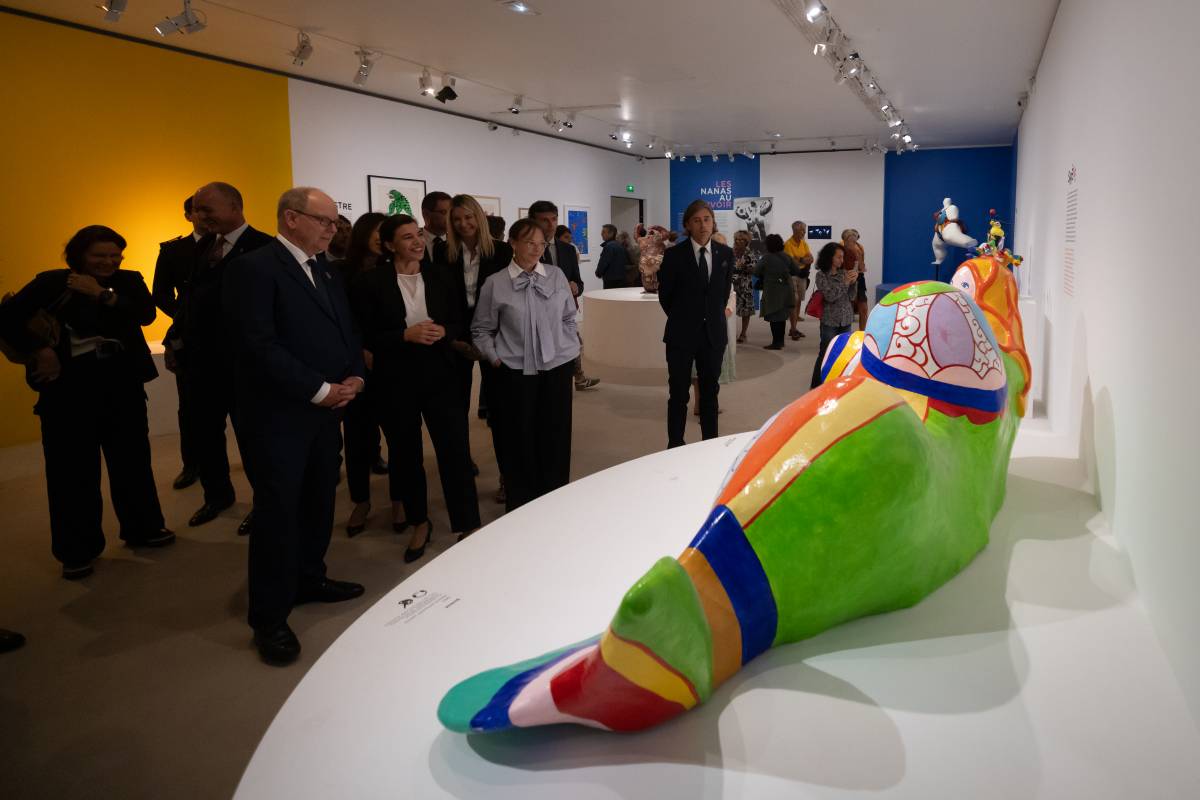
“Becoming an honorary member of the Academy of Aix is, of course, an honour, but above all, it moves me deeply,” he said, evoking the Academy’s motto Generoso sanguine parta (“born of noble blood”) and linking it to his great-great-grandfather Prince Albert I’s belief in scholarship as a mark of “modern nobility.”
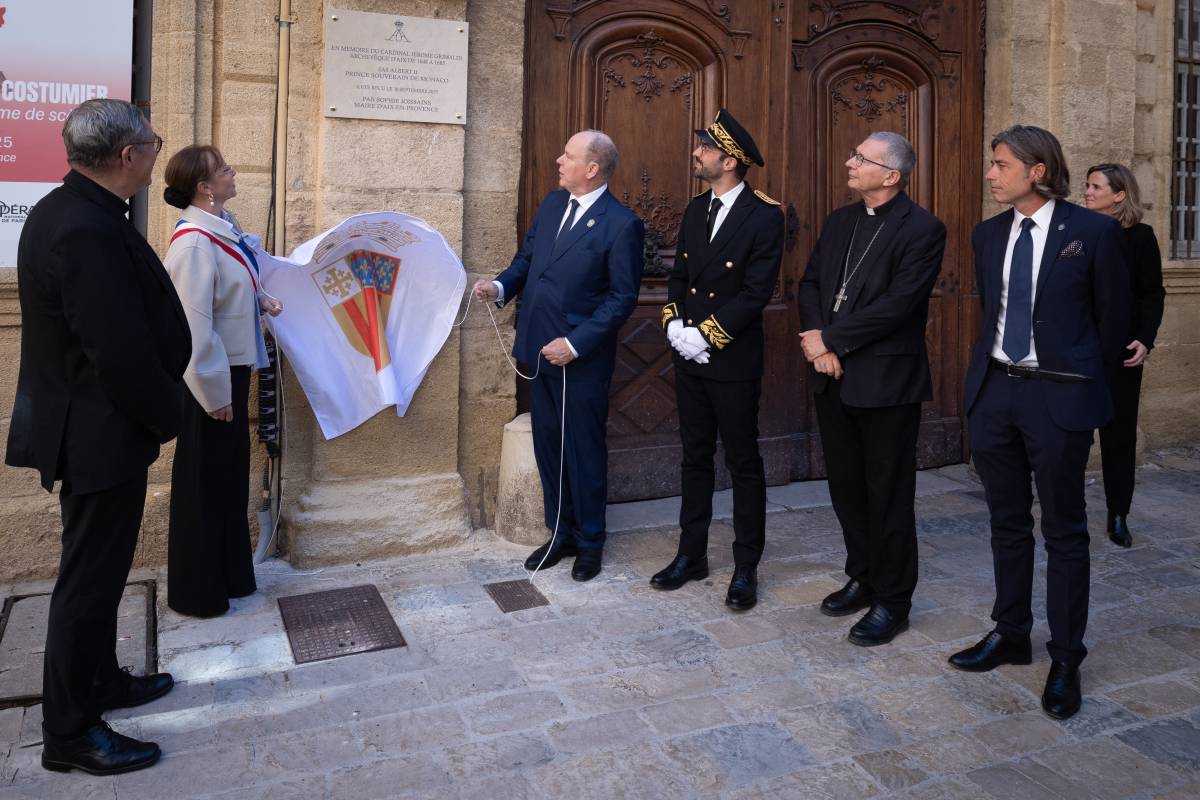
The day’s twin ceremonies, one rooted in the political history of Provence, the other in its cultural and intellectual tradition, highlighted the depth of a relationship that the Prince described as “forged by history, but alive through friendship.”
